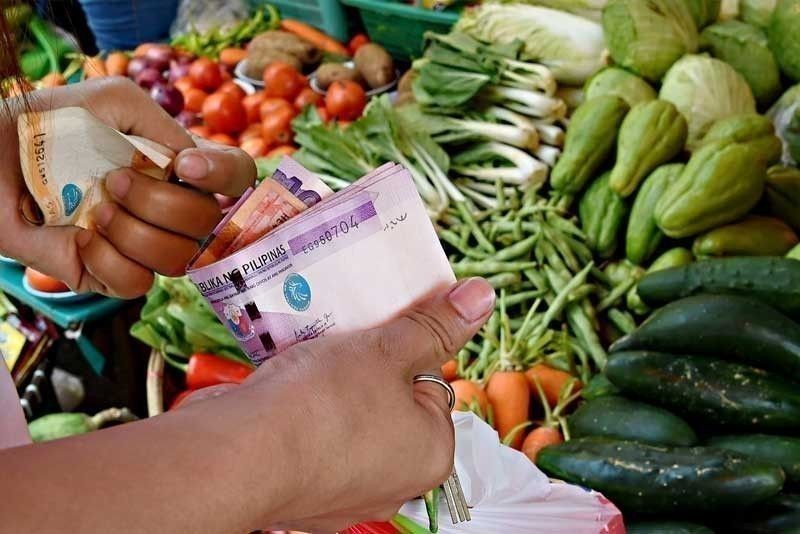December 27, 2021 | 12:00am
MANILA, Philippines — The government should make sure food prices are kept steady next year to avoid any calls for a wage increase that may cause supply-side pressure and capital flight, the Department of Finance (DOF) said.
In an economic bulletin, Finance Undersecretary and chief economist Gil Beltran said the government needs to reform the supply chain for food to retain prices within affordable levels in 2022.
Without such reforms, Beltran warned that the poor may demand wage increases that could, in turn, trigger supply-side inflation, to the detriment of investment inflows.
“The food price inflation is an important socio-economic issue as food accounts for much of the budget of poorer households. As food price inflation persists, calls for wage increases mount, which if realized could fuel further supply-side inflation and, in turn, could discourage investments,” Beltran said.
Based on DOF computation, inflation averaged 2.66 percent from 2013 to 2020, as food prices went up by 3.33 percent during the period. In a period of eight years, food and beverage contributed 1.3 percentage points to inflation, with food accounting for 1.21 percentage points.
As of October, food and beverage have accounted for about half or 2.23 percentage points of the 4.5 percent average inflation, with food comprising 2.19 percentage points.
Beltran said rice used to be the largest source of inflation risk before the government converted the import quotas into tariffs through the passage of the Rice Trade Liberalization law.
“Rice price has since stabilized and partly dampened the effects of the most recent sources of inflation rate spikes – fish, meat, and vegetables – owing to supply disruptions caused by weather disturbances and diseases,” the finance official said.
Moving forward, Beltran said the government needs to overhaul the food supply chain to steady both prices and supply. For one, the DOF is pushing for legislation to improve the warehousing industry and food storage.
“Storage, and especially cold storage facilities, is important in order to stabilize prices and help ensure food security. Transportation geographically links farms and markets, (whereas) storage smoothens consumption across time or seasons,” Beltran said.
“The Warehouse Receipts Bill, which has been passed by the House of Representatives and subsequently submitted to the Senate, will help professionalize the warehousing sector and contribute to food security,” he added.
In the Senate, there are two pending versions of the measure. Both seek to put up an online warehouse receipts registry that banks can access in verifying a farmer’s yield when applying for a loan.


